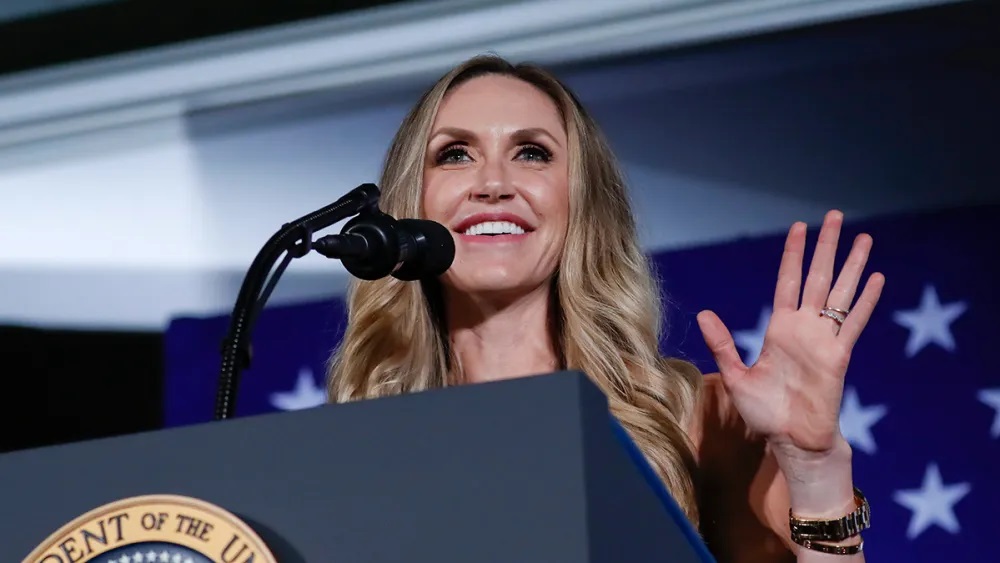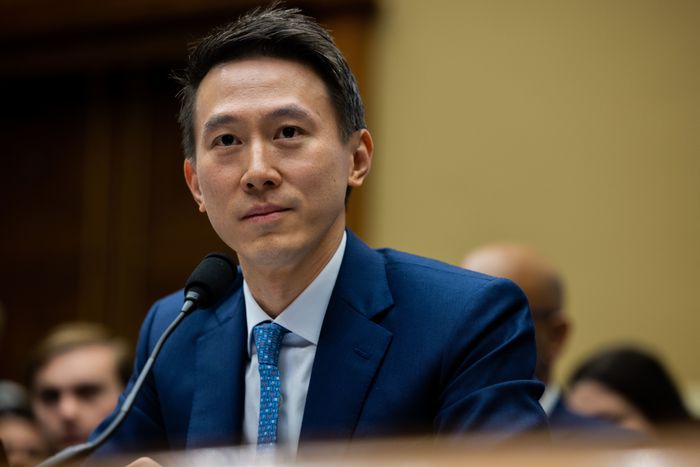To maintain a winning political operation for the 2024 election, former Republican National Committee (RNC) Co-chair Lara Trump emphasized the importance of both personnel changes and a focus on election integrity.
Trump, who assumed leadership of the RNC alongside Chairman Michael Whatley in March, inherited a party apparatus burdened by a tumultuous tenure under former Chairwoman Ronna Romney McDaniel. McDaniel’s leadership had been marked by disappointing election outcomes and allegations of frivolous spending on items such as private jets, luxury retreats, and cosmetics.
The frustrations with McDaniel’s tenure, combined with widespread concerns over the 2020 election and declining public trust in electoral fairness, fueled a sweeping overhaul of the RNC. Many Republicans believed the organization was failing to address core election integrity issues.
Speaking to PragerU about the changes implemented at the RNC, Lara Trump said, “Previously, people were very nervous about discussing election integrity. It got people upset, and it was a hot-button topic for a lot of people: You could be heavily criticized for even contemplating that there could be a problem in our voting process.”
“But if you have half the country thinking … that their vote isn’t going to matter or that there’s something nefarious going on, that’s a big problem,” she added.
Addressing election integrity began with restructuring the RNC’s staffing, Lara Trump noted. “I don’t want for a second people to think that we’re wasting money on a staffer who doesn’t ultimately need to be there. So, we knew prior to day one, really, what we wanted to do and kind of who we needed to get rid of,” she explained.
“It was necessary, not just for the organization, but to start to reestablish some of that trust that the RNC had kind of lost with a lot of Republicans across the country,” Trump said.
Get-out-the-vote (GOTV) efforts were a cornerstone of President-elect Donald Trump’s successful campaign, according to Lara Trump. Encouraging early voting was a key aspect of this strategy, despite Republican voters’ traditional skepticism of early voting methods. The campaign realized it was critical to engage in early voting to compete effectively within the political landscape.
“The truth is, if you have an election season, if you have weeks on end of early voting, and we’re not capitalizing on that as the Republican Party, we’re missing a whole swath of the electorate,” Trump said. “So we said we’re going to have to start encouraging people to vote early, and we’re going to have to get our low-propensity voters out.”
The RNC’s focus on motivating voters hinged on convincing them that their votes would count. Trump acknowledged the doubts Republican voters held, saying, “No matter where I went … the number one question I got was, ‘Will they cheat? Will it be fair? What are you guys doing?’ So that was sort of our plan, and focusing on just those two things and nothing else, I think was really important to show people we were serious.”
As part of its election integrity initiative, the RNC mobilized over 230,000 poll watchers and poll workers, along with 6,500 attorneys across the country. This effort involved a wave of lawsuits aimed at addressing voting irregularities, particularly in swing states.
For example, in Bucks County, Pennsylvania, the RNC successfully sued to reopen early polling locations that had been closed prematurely. In another Pennsylvania case, the state Supreme Court enforced a decision requiring counties to follow the law regarding improperly dated ballots.
Similar legal challenges took place nationwide, in states like Arizona, Nevada, North Carolina, Michigan, and Wisconsin. Even in Republican strongholds like Texas and Kentucky, the RNC responded to voting machine issues to ensure election integrity.
Lara Trump emphasized the necessity of continuing these efforts beyond the 2024 election. “Election integrity efforts cannot stop just because Donald Trump won the election. They need to be redoubled,” she concluded.
 Telegram is where we really talk. Don't miss out!
Telegram is where we really talk. Don't miss out!







